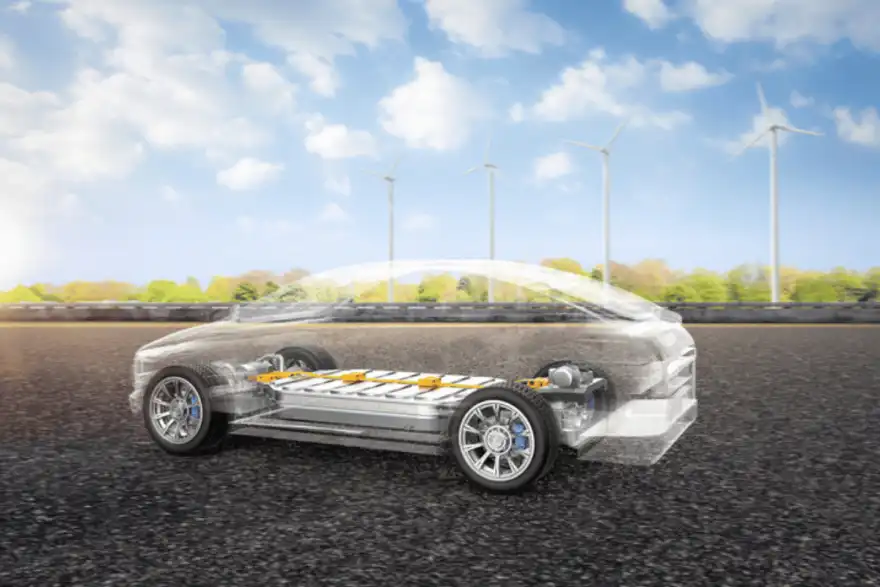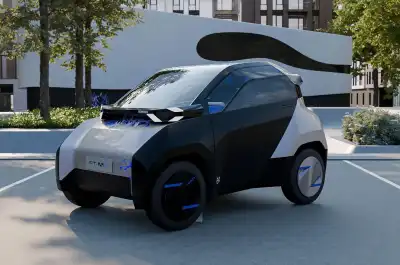
Many drivers worry about how long an EV battery will last. It is a fair question, as batteries are the most expensive part of an electric car. The good news is that modern EV batteries are designed to last the lifetime of the vehicle, and real-world data shows that they perform better than most people expect.
Battery warranties
Most electric cars are sold with long battery warranties. These are usually eight years or 100,000 miles, sometimes more. In practice, batteries often last well beyond this. Data from taxi fleets, which put huge mileage on cars every year, shows that batteries often retain 80 to 90% of their capacity after 200,000 miles. That is far more than most private drivers will ever cover.
How batteries degrade
Batteries do lose capacity over time, but the rate is slow. In the first year there is usually a drop of about 2 to 3%. After that, the average decline is around 1% per year. For a driver covering 8,000 to 10,000 miles annually, the battery will still give useful range for 15 years or more.
Temperature, charging habits and driving style can affect degradation, but even under harder use modern packs are proving to be durable. Fast charging does not ruin a battery, although using it all the time can add wear. Most owners mix home and public charging, which helps balance things out.
Replacement costs
Replacing a whole EV battery is expensive, often £8,000 to £12,000, but the need for this is extremely rare. Manufacturers are also developing cheaper fixes, such as replacing only damaged modules instead of the whole pack.
Recycling is another growing option. Old EV batteries can be repurposed for home or industrial energy storage. They can also be broken down to recover valuable materials like lithium and cobalt, which helps reduce costs and environmental impact in the long run.
Why you should not worry
Brands such as Tesla, Hyundai and Omoda give strong battery cover as standard. The Omoda E5, set to arrive in the UK soon, will launch with extensive warranty protection to give buyers confidence. This means drivers should think of the battery as a long-life component, not something they will need to change.
Final word
Concerns about EV batteries are often overstated. For the vast majority of drivers, the battery will last far longer than the car itself. Replacements are very unlikely and warranties and recycling schemes provide extra peace of mind.




